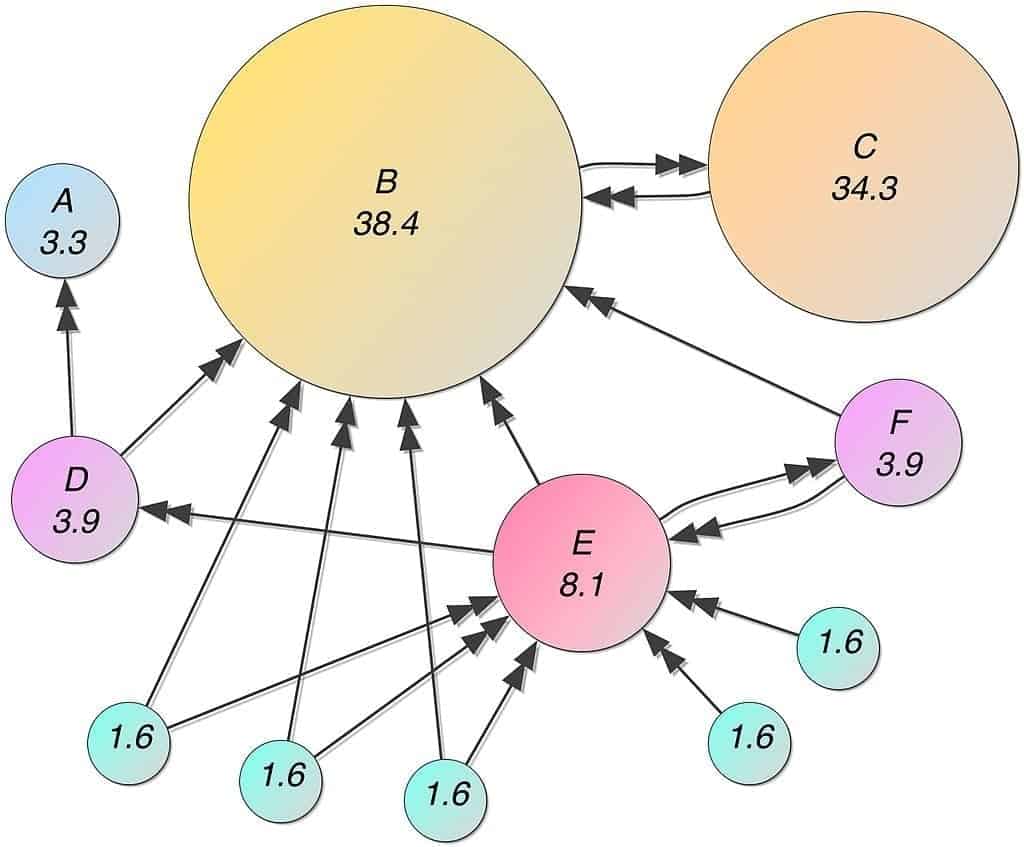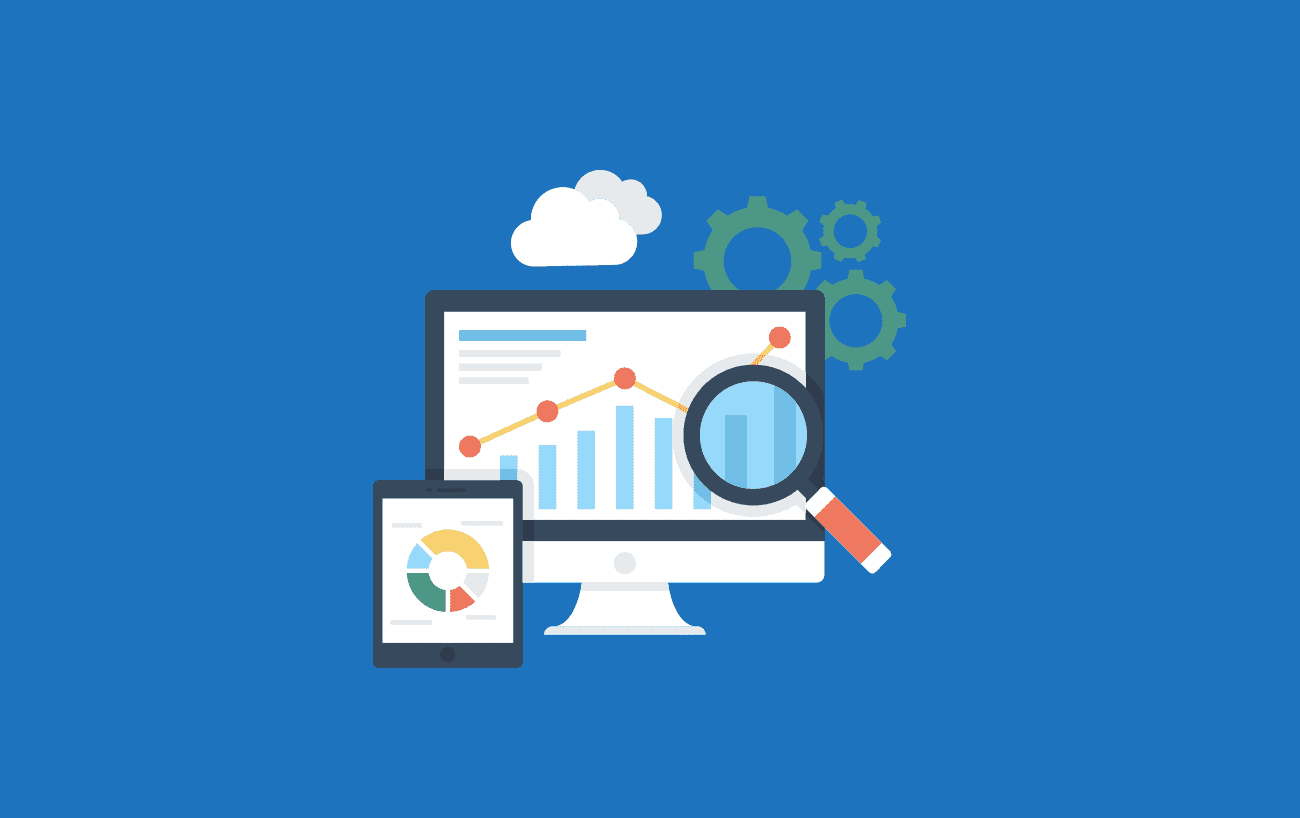Introduction to Your SEO Score
Search Engine Optimisation (SEO) refers to the efforts made upon each page of a website to ensure the highest Search Engine Results Page (SERP) position.
Search engines such as Google and Bing use highly sophisticated bots to crawl each and every webpage (new and old) and award it with an SEO score and SERPs rank. It sounds simple, but these bots follow an incredibly intricate algorithm which has been altered and updated throughout the years in order to replicate human behaviours and preferences as closely as possible.
Did you know in addition to the bots Google employs over 10,000 people to manually crawl pages across the web in order to see how close the results are between AI and human crawling? It is clear to see why search engine providers (such as Google) show the highest SEO ranked pages; it is so the end user finds exactly what they need to see, from a trustworthy site and in turn, keeps using that search engine.
This article will look into the four key areas bots assess before indexing and awarding the SEO rank.
1. Great Content (on page)
First and foremost, rank score is done on a page-by-page basis therefore, each and every single page on your website must strive to obtain the highest quality content in order for a bot to index the page. Once the page has been indexed, it does not automatically mean the page will then appear highly in the rankings. In order to get a high score and rank, the writer must follow these simple rules to show effort has been put into writing the content:
- No copying! – Duplicate content across two pages will result in the SEO score being split and shared across the two (or more) pages.
- Credit where credit is due – if the content on the page is a technical piece, be sure to credit the author of the work. Bots will be able to recognise authors and link them to other content on other indexed pages across the internet. Google and other search engines reward well written and credible content positively.
- Your money or your life – should the page contain content which can directly affect one’s money (e-commerce, financial advice, etc) or life (health advice, emergency advice, etc), bots are less likely to award a high score or even index the page at all unless the website has been proven to be incredibly trustworthy in that field (NHS, banks, etc).
2. Site Organisation (site wide)
Site organisation refers to the crawlability of the website as a whole. Think of the bot being yourself in a car and the website being the whole country; navigation would only make sense if areas are easily sign-posted and of course, if you have a map.
This is where URL design and the sitemap become essential elements to achieving a great SEO on your web pages. Essentially, URL’s are there to represent a journey through the website for bots to follow however, the sitemap is there to act like a satnav, to guide the bot correctly though the website and not miss any essential pages.
3. Tech and Code (site wide)
As the name suggests, this is where bots crawl the coding and tech behind the webpage. Bots do not see the webpage in the front-end or the same way we would; they scan the whole page from within the coding.
Therefore, ensuring H1, H2, etc tags for all headings and Alt tags for images is one of the many imperative elements to get correct within the coding. Without these, the bots cannot analyse the readability of the page and will award a low rank score.
4. Be an Authority (of site)
Be everywhere.
Most specifically, this final key point is in relation to backlinks and ensuring your site has high quality outbound and inbound links. Emphasis here is on the quality over quantity.

This diagram shows the algorithm behind page rank from backlinks, page E has more backlinks than page C, put page C has a higher score due to the link coming from page B which has a higher score than those on page E.
Top tip: social media backlinks do not count towards your rank score but are great for increasing footfall onto your website. Internal links also do not contribute to rank score but are essential to aid with site navigation for the bots.
To conclude…
This article only scratches the surface of SEO practices and how to optimise your website for bots to crawl and index the pages. At Pivotal Scientific, we have advanced SEO specialists on hand to transform your website into the lead generating digital marketing tool it should be!
Should you require SEO support going forward, please do not hesitate to get in touch with us today to discuss how we can help you.


